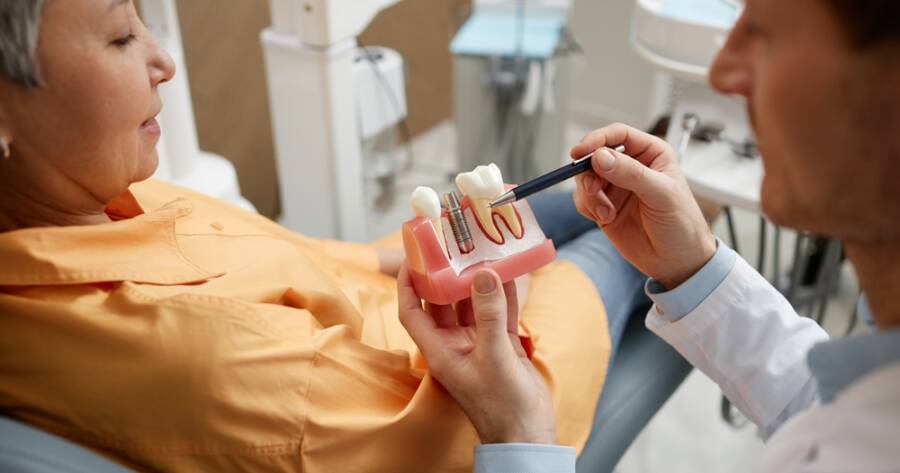Dental implant grants provide essential financial assistance for those looking to enhance their dental health at a reduced cost. With various programs aimed at different demographics, these grants can ease the financial burden of dental procedures. Exploring these options and understanding eligibility and application processes are crucial steps toward accessing affordable dental care and achieving a healthier smile.
Understanding Dental Implant Grants
Dental implant grants have emerged as a crucial financial aid for individuals seeking to restore their dental health without incurring excessive expenses. Designed to primarily assist low-income groups, seniors, veterans, and other specific demographics, these grants can significantly reduce the otherwise daunting costs associated with dental procedures.
Typically, the price of dental implants ranges from $3,000 to $6,000, depending on various factors, making grants a necessary avenue for many individuals to access affordable dental care.
Types of Dental Implant Grant Programs
Various grant programs are available to cater to different needs and eligibility criteria. For instance, veterans and seniors can explore specific grants designed for their needs.
Programs like the ADA Foundation and the Samuel Harris Fund focus on aiding children and single mothers from low socioeconomic backgrounds. The Dental Grants Program can offer up to 30% off on eligible procedures illustrating structural relief for those within its scope. Meanwhile, the Cosmetic Dentistry Grants (CDG) Program extends its hand to individuals looking to enhance their smile through various cosmetic procedures, including implants.
Eligibility Criteria and Application Process
The application process for these grants involves a few vital steps. Initially, applicants need to thoroughly research grants they might qualify for and verify the specific criteria associated with each program.
Many of these grants, including the CDG Program, require applicants to undergo a no-fee oral health assessment by a certified dental practitioner to ensure the applicant’s oral health aligns with the desired procedure ensuring foundational suitability. Successful candidates are frequently recommended for inclusion in these programs only after handling necessary basic dentistry, which is not covered by the grants.
Financing Options Beyond Grants
When grants are not an option, individuals can explore alternative financing routes. Dental insurance is a staple option, albeit not universally covering implant procedures.
For low-income individuals, full coverage plans and government grants like Medicaid are geared towards lowering costs, though availability may vary by location and clinic acceptance requiring due diligence. Payment plans offered by dental clinics allow patients the option to pay through monthly installments, relieving them of the burden of upfront costs entirely.
Additional Financial Supports
Several financing instruments can further ease the financial burden of dental implants. Medical credit cards, such as CareCredit, can be utilized, though they bear specific terms requiring careful attention to avoid adverse impacts on credit scores.
Flexible Spending Accounts (FSAs) and Health Savings Accounts (HSAs) provide a tax-advantageous manner to cover implant costs, subject to coverage plans. Additionally, medical loans and in-house payment plans offered by dental service providers present structured payment strategies to their patients, enhancing access to comprehensive dental care potentially broadening practical access.
Why You Should Learn More About Dental Implant Grants Today
Making dental implants more accessible and affordable remains the core mission of the numerous grant programs and financial solutions available today. With a variety of programs catering to specific demographics and needs, individuals have multiple avenues to pursue the aid necessary for their oral health improvements.
For those facing financial constraints, understanding these options can mean the difference between foregoing essential dental care and gaining the smile they deserve. As financial strategies continue to evolve, now is an opportune time to fully comprehend the resources on offer and take the first steps toward improved oral health and confidence.
Sources
Comprehensive Overview of Dental Implant Grants
Eligibility and Application for CDG Grants

